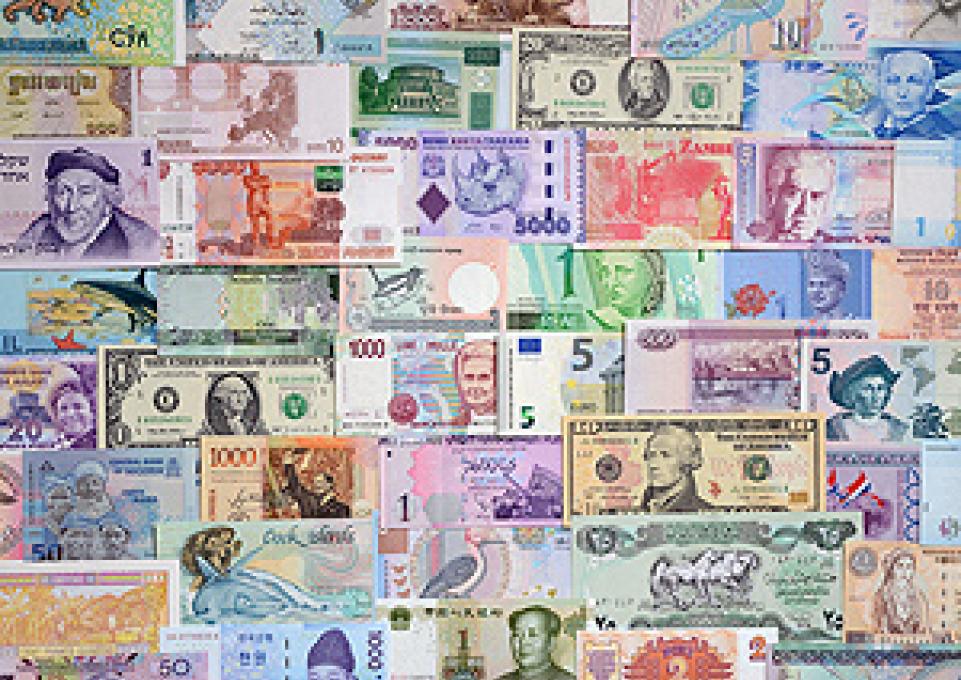
The real Chinese economy continues to grow at 7 percent, according to Xingwang Qian, associate professor of economics and finance.
 “The recent decline in the Shanghai Stock Market (SSE) is a correction,” said Xingwang. “That market went from 2,000 to 5,000 in less than a year. That’s a bubble, and a bubble is going to burst; it’s going to correct itself. That’s why the market went down.”
“The recent decline in the Shanghai Stock Market (SSE) is a correction,” said Xingwang. “That market went from 2,000 to 5,000 in less than a year. That’s a bubble, and a bubble is going to burst; it’s going to correct itself. That’s why the market went down.”
Xingwang is an expert in international economics who focuses on cross-border capital flow involving emerging markets, especially China. From his personal perspective, allowing the market to correct itself would have been preferable, but, he said, “The Chinese government is concerned about the stock market affecting other sectors of the economy, so they are trying to stabilize the market.”
Any government has to weigh the costs and benefits of intervening in a market. “The benefit is stabilizing the real economy,” he said. “But the risk is that, when the government buys stocks, it creates an expectation that keeps pushing the stock market to go down.” Xingwang said that the SSE is only one part of the financial sector of China’s economy, and that China’s economy includes many sectors, including manufacturing.
It’s the manufacturing sector, Xingwang suggested, that drove the recent devaluation of China’s currency. “China is the world’s factory,” he said. “To keep their exports competitive, they had to devalue their currency.”
Xingwang, who earned a bachelor’s degree in accounting from Nankai University in China, studied international economics at the University of California, Santa Cruz, before joining Buffalo State in 2008. “I became very interested in international economics,” he said. “You do some research, and you make a prediction, and sometimes you see it happen in the real world. It’s fascinating.”
